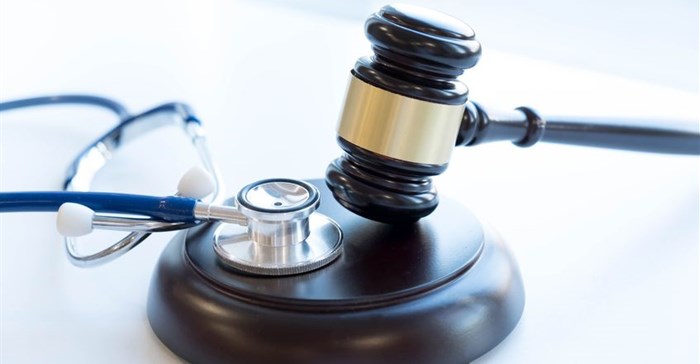






Therefore, a week-long continuing education course, designed to provide a proper understanding of health professionals’ role in the non-clinical contexts, been introduced at UCT’s medical school. It provides a practical guidance and advice on running a business, and includes the following topics: business principles and strategic planning; an understanding of the Constitution as a health professional; the law of contract; the law of delict; an overview of the civil and criminal legal procedure; expert witness training via a ‘court day’ and professional report writing.
Accredited and presented by the university’s faculty of health, the programme is suitable for healthcare practitioners working in the areas of medical negligence; MVAs; employee incapacity; relevant contractual and incapacity/disability claims assessments, as well as claims and other life insurance personnel who have a heath professional qualification.
The lecturers all have extensive experience in providing expert opinion, including a highly respected retired Supreme Court of Appeal judge; senior and junior counsel; independent business practitioners and others.
The request for follow-up courses from the delegates at the inaugural programme last month confirms the need for the continuing education of health professionals in a domain in that is not necessarily discipline based, but draws on the experience of such disciplines in the resolution of conflict and attainment of justice.
Elise Burns-Hoffman, an occupational therapist (OT) with 30 years’ experience, is the mastermind behind the programme. She actively engaged in the development of the programme at the start of 2016, commenced discussions with UCT Health Sciences Faculty in late 2016 and from early 2017 onwards has been working with and alongside the UCT Faculty of Health Sciences’ Continuing Education Unit in order to roll it out last month.
She says that, added to her own professional experience in this line of work, her research included discussions with numerous attorneys; health professionals; advocates; risk companies and related disciplines and investigations into what other suitable courses are on offer. She says that the course is unique in a number of ways, the most pertinent of which is the hands on, practical approach taken, with the specific intention of imparting skills – not attained by merely listening, but rather via interaction and roleplay.
Participants can earn 32 CPD points for the course, and the next programme will take place in the second quarter of 2018.
For more information, click here.